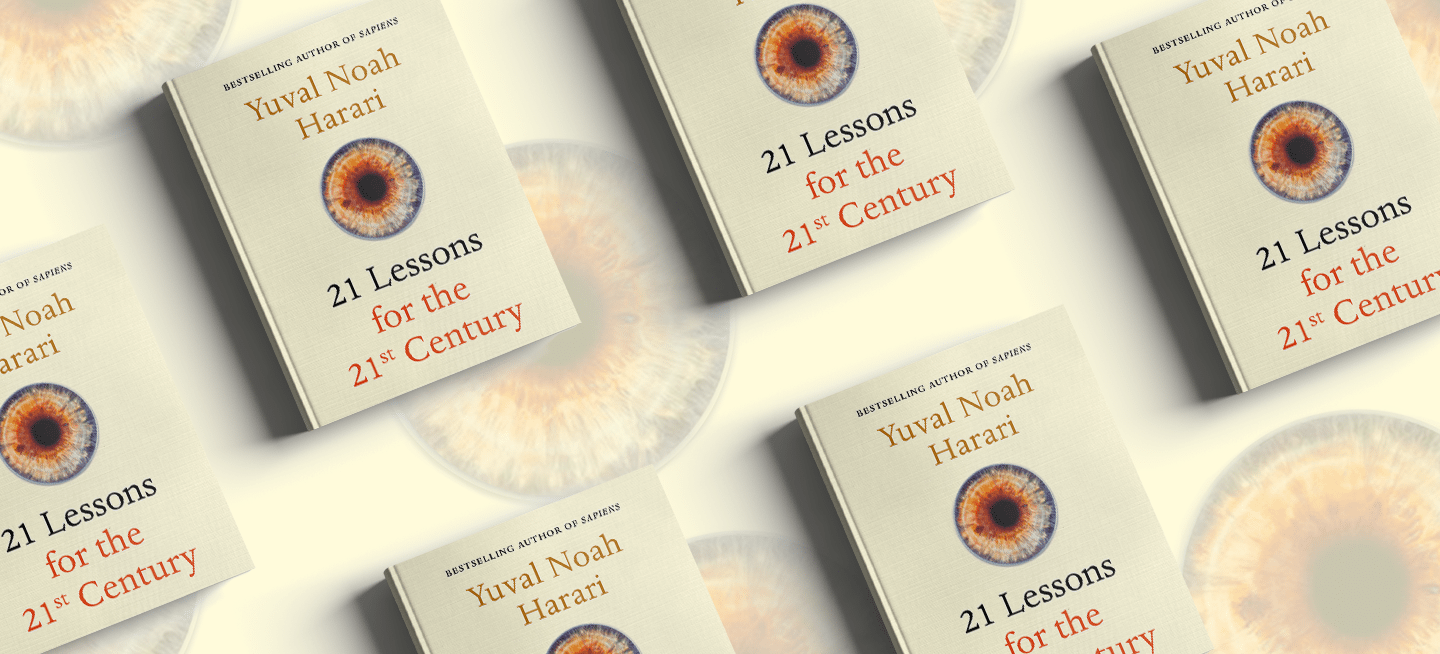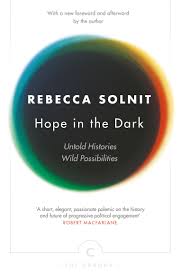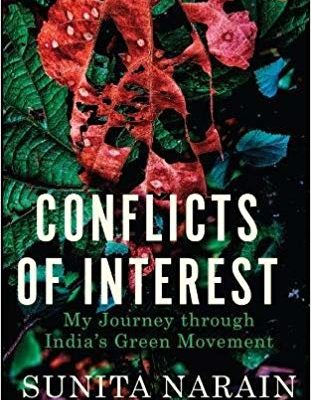2019 is just born. The second post of this year is about a book which was one of the most impressive reads of 2018. Many of you would have already read this. This post is to persuade the rest to commence their new year with this one. And it may be wonderful to start a year with a stimulating read. Yuval Noah Harari is not your ordinary historian. The sheer sales volume of his books can give our Dan Browns and Stephen Kings a run for their money. Yes, he is a historian who sells books in millions. He has made history fashionable and trendy. We say those who do not know history are condemned to repeat
The question of technology
The perfect launching pad for any discussion about the present can be the technological challenge. As we all know, we are witnessing a massive technological disruption unheard in the history of humanity. Either you travel with technology or become irrelevant is the mantra now. Harari is trying to relate the technological advances with future of work. It is now almost certain that a large number of jobs will be replaced by rapidly expanding technology. We are already witnessing that and with massive advances in future particularly Artificial Intelligence, job losses are expected to be acute. Harari attempts some predictions about some of the jobs which may remain relevant despite advances in technology. Prominent among them are caring for the aged and sick and psychologists for the vast population. Harari extends his analysis of the impact of big data and algorithm on the future of mankind. The algorithm is going to affect in a big way the way we make decisions. Harari also predicts the scenario where those who control data, control the future and there is a real possibility of vast numbers of the population becoming irrelevant.
The political issues
In this section, he takes up contemporary issues connected with community, civilisation, nationalism, religion and immigration. Harari devotes considerable number of pages to the way online life is impacting us. According to him , technology has been distancing us from our bodies. We have been losing our ability to pay attention to what we can smell and taste. We forget that we have bodies and it can be moved. So we find people more curious about what is happening in cyber space than their own neighbourhood. We find people finding it easy to talk to a friend thousands of miles away but difficult to open a conversation with spouse during breakfast.
“ Online giants
tends to viewhumans animals –a pair of eyes and ears as audiovisualconnected to tenfingers , a screen and a creditcard .
Harari also takes us face to face with the growing nationalistic rhetoric in various parts of the world and the heated debates on immigration. The large-scale exodus of refugees from troubled regions to safer and prosperous people is a reality now. We need to watch out how countries are going to handle it. Environment is another important challenge we are going to face in our march towards ultimate development and comfort. Countries especially the poor ones are almost on the brink of an environmental disaster particularly pollution and lack of drinking water.
The chances of hope
It is not that we have only despair and disaster. There is always the possibility to kindle hope. Take the case of terrorism which he examines thoroughly. Often what we notice is that even though terrorism kills far fewer people than say traffic accidents or diabetes or pollution, our greatest fears are around terrorism. According to Harari the only way to defeat terrorism is not to overreact but through a balanced and cool way. We should never allow our imagination to be dominated by terrorists. Harari discusses in detail some of the ideals which can save us. Most notably, humility ie a sense that we are not the most important in this world and there are multiple views. He tells how it is very important to build communities which show compassion to each other. Further, the ideas of truth, equality and courage have to be kept burning to provide a continuous supply of hope to mankind. We have to realise that we are not masters of this universe and hence the need to abandon any hubris. Few things of digital era captured our attention like fake news and your ordinary truth in recent times. Harari delves deep into the evolution of fake news and shows how historically, the truth was never high on the agenda of human beings. He suggests a set of the rules of thumb to get out of brainwashing and the menace of fake news.
What can we do ?
This is the final theme of the book. How shall we face this unprecedented revolutions happening? How can we be better prepared? What shall we teach our children who are living in a world crowded with information Look at one prescription from Harari,
the last thing a teacher needs to give her pupils is more information. They have far too much of it. Instead , people need the ability to make sense of information , to tell the difference between what is important and what is unimportant and above all to combine many bits of information into a broad picture of the world.
Ultimately, schools should switch to teaching the four Cs. Critical thinking, communication, collaboration and creativity. Having born into this world,, perhaps the only thing that matter is to make this world a little better. As Harari says, we the human beings are called upon to become that small link in the great chain of kindness. In this glorious pursuit, we need unlimited liberty to feel , to think , to desire and to invent.
This is a very timely and important book. When Harari speaks, the world pays attention to make sense of things around. He has a compelling style matching the best story teller. It is eminently worth reading this person who is using his sharp intellect to dissect the past and present for us so that we can be better prepared for the future. I invite all my readers to Harari ’s books for a rare banquet of knowledge and wisdom.







1 Comment
Sumana
January 15, 2019 at 3:08 pmGot to read this for sure